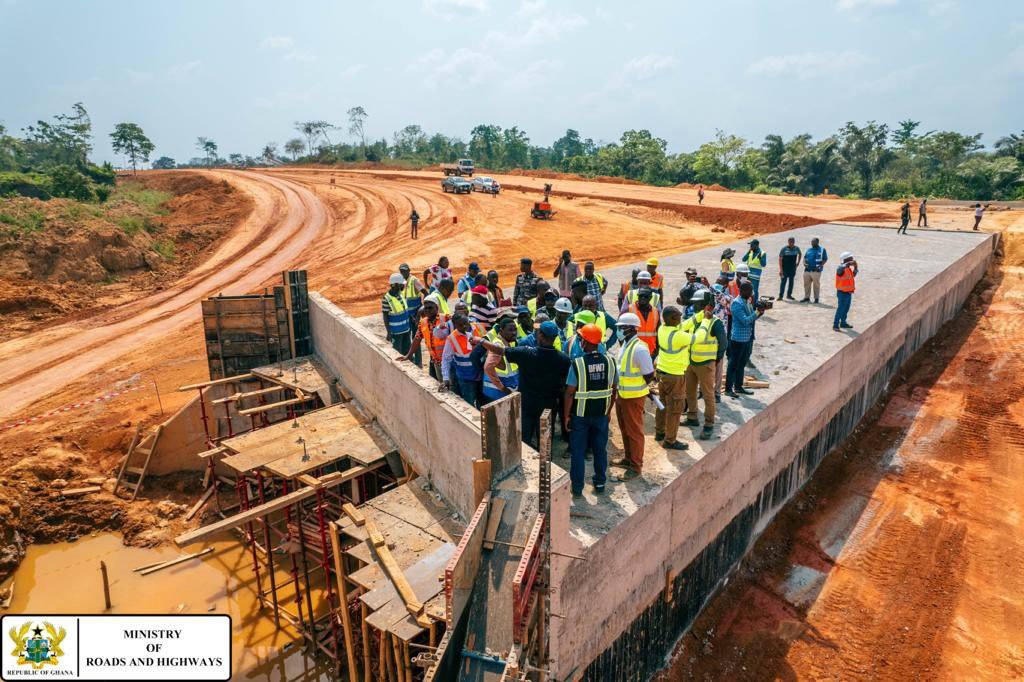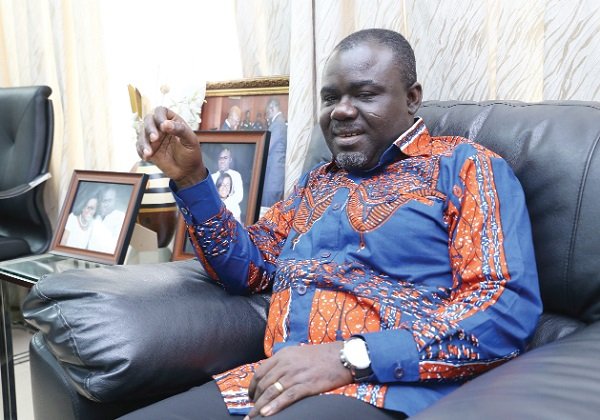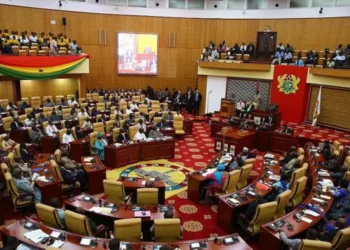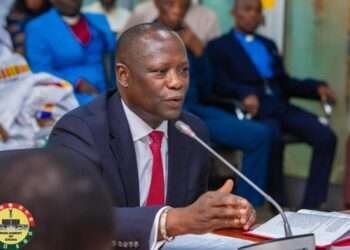The Ghana Road Transport Coordinating Council (GRTCC) has issued a strong appeal to the Ministry of Roads and Highways to urgently address the country’s deteriorating road network, warning that continued neglect will worsen Ghana’s already alarming road safety crisis.
The call comes in the wake of a devastating accident on the Accra–Kumasi Highway that claimed the lives of 16 young members of the Obogu Saviour Church, reigniting public debate over the condition of the nation’s roads.
The Council’s General Secretary, Emmanuel Ohene Yeboah, stressed that the government must make road repairs a top national priority, especially on high-traffic routes.
“The road network is bad. The government should prioritise it and fix it. If it’s not a total reconstruction, at least deal with the difficult areas and bring them to a standard that can be usable”.
Emmanuel Ohene Yeboah, General Secretary, GRTCC
The urgency of this call is underscored by disturbing statistics from the National Road Safety Authority (NRSA), which reported 13,489 road traffic crashes across the country between January and December 2024.

These incidents resulted in 18,101 casualties, comprising 2,494 deaths and 15,607 injuries, and involved 22,975 private, commercial, and motorcycle vehicles.
While these figures reflect a slight improvement compared to 2023, when 23,998 vehicles were involved in crashes, they still represent an unacceptable human and economic toll.
Dualisation of Major Highways
Mr. Yeboah identified the dualisation of major highways as the only sustainable solution to reducing accidents in the long term.
He argued that without expanding single carriageways into dual carriageways, the country will continue to experience head-on collisions, which are among the deadliest types of road crashes. “If we leave it as it is, we’ll complain every day, and nothing will change,” he warned.
Beyond large-scale projects, he urged the Ministry to implement basic but essential safety measures, including the proper marking of roads and the timely repair of potholes.
He pointed out that many accidents occur not only because of reckless driving but also due to dangerous road conditions that could have been easily fixed.
According to him, even partial interventions, such as resurfacing critical sections of major roads or improving visibility at dangerous curves, could save hundreds of lives each year.

The GRTCC’s warning comes at a time when public confidence in road safety measures is under strain. The tragic loss of 16 church members on one of Ghana’s busiest highways has heightened calls for immediate government action.
Many road users and transport operators have long complained about uneven surfaces, poorly maintained shoulders, inadequate signage, and faded lane markings, which together create hazardous conditions for motorists.
While the Ministry of Roads and Highways has previously announced plans to improve and expand the national road network, Mr. Yeboah expressed concern that progress remains too slow, given the urgency of the situation.
“The Ministry of Roads and Highways knows exactly what needs to be done to resolve this,” he insisted, adding that failure to act quickly will only prolong the cycle of tragedy.
The NRSA’s 2024 figures point to some encouraging trends, including a modest drop in the number of vehicles involved in crashes compared to 2023. Nevertheless, the persistence of thousands of accidents each year suggests that more systemic interventions are necessary.

Experts believe that combining infrastructural upgrades with sustained driver education, strict law enforcement, and the removal of unroadworthy vehicles could bring about a more substantial decline in road fatalities.
As Mr. Yeboah emphasised, the solutions are already known — what is needed is the political will to implement them without delay. Until that happens, he warned, accidents like the one that claimed the lives of the 16 church members will continue to devastate communities across the country.
READ ALSO: IERPP Seeks Parliamentary Probe into Gold for Oil Confusion





















